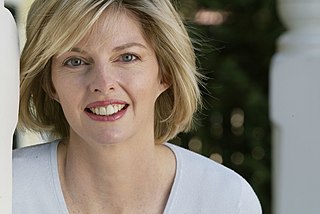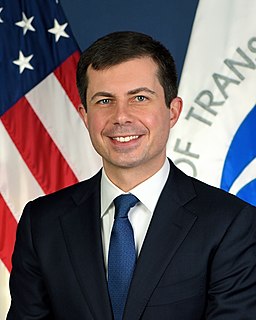A Quote by Rainer Maria Rilke
How I will cherish you then, you grief-torn nights! Had I only received you, inconsolable sisters, on more abject knees, only buried myself with more abandon in your loosened hair. How we waste our afflictions! We study them, stare out beyond them into bleak continuance, hoping to glimpse some end. Whereas they're really our wintering foliage, our dark greens of meaning, one of the seasons of the clandestine year -- ; not only a season --: they're site, settlement, shelter, soil, abode.
Quote Topics
Abandon
Abject
Abode
Beyond
Bleak
Buried
Cherish
Clandestine
Continuance
Dark
End
Foliage
Glimpse
Greens
Grief
Had
Hair
Hoping
How
Knees
Meaning
More
Myself
Nights
Only
Our
Out
Really
Received
Season
Seasons
Settlement
Shelter
Sisters
Site
Soil
Some
Stare
Study
Them
Then
Torn
Waste
Whereas
Will
Year
Your
Related Quotes
May I strike my heart's keys clearly, and may none fail because of slack, uncertain, or fraying strings. May the tears that stream down my face make me more radiant: may my hidden weeping bloom.... How we waste our afflictions!... [T]hey're really our wintering foliage, our dark greens of meaning, one of the seasons of the clandestine year—; not only a season—: they're site, settlement, shelter, soil, abode.
There are only shades of gray. Black and white are nothing more than lofty ideals in our minds, the standards by which we try to judge things, and map out our place in the world in relevance to them. Good and evil, in their purest form, are as intangible and forever beyond our ability to hold in our hand as any Fae illusion. We can only aim at them, aspire to them, and hope not to get so lost in the shadows that we can no longer aim for the light.
So long as we insist upon defining our identities only in terms of our work, so long as we try to blind ourselves to the needs of our children and harden our hearts against them, we will continue to feel torn, dissatisfied, and exhausted…. The guilt we feel for neglecting our children is a byproduct of our love for them. It keeps us from straying too far from them, for too long. Their cry should be more compelling than the call from the office.
When we hate our enemies, we are giving them power over us: power over our sleep, our appetites, our blood pressure, our health and our happiness. Our enemies would dance with joy if only they knew how they were worrying us, lacerating us, and getting even with us! Our hate is not hurting them at al, but our hate is turning our days and nights into a hellish turmoil.
It didn't matter in the end how old they had been, or that they were girls, but only that we had loved them, and that they hadn't heard us calling, still do not hear us, up here in the tree house with our thinning hair and soft bellies, calling them out of those rooms where they went to be alone for all time, alone in suicide, which is deeper than death, and where we will never find the pieces to put them back together.
Awareness born of love is the only force that can bring healing and renewal. Out of our love for another person, we become more willing to let our old identities wither and fall away, and enter a dark night of the soul, so that we may stand naked once more in the presence of the great mystery that lies at the core of our being. This is how love ripens us -by warming us from within, inspiring us to break out of our shell, and lighting our way through the dark passage to new birth.
If in the human economy, a squash in the field is worth more than a bushel of soil, that does not mean that food is more valuable than soil; it means simply that we do not know how to value the soil. In its complexity and its potential longevity, the soil exceeds our comprehension; we do not know how to place a just market value on it, and we will never learn how. Its value is inestimable; we must value it, beyond whatever price we put on it, by respecting it.
I'm sure that in the fullness of time we'll learn that one or more of these seemingly promising technologies were dead ends. And that's the nature of innovation, and that's why we should spread our bets; we should not put our eggs in any one basket. Some of these will be grand successes, some of them will be average, and some of them will be abject failures.
We've sweated and torn out our hair trying to reconstruct our chosen lives, to fashion them like literary sculptures, at once monumental and yet human. We've applied all of our intelligence, our empathy, our critical faculties, our compassion - and we think, in our delusion, that it's still 1960, and our work is going to get noticed.
I always knew from the beginning that this was the only way to write Then We Came To The End - that it had to be in first - person plural if it was going to illustrate how the individual becomes part of the collective. I had no interest in writing the book in a more conventional voice. It goes back to that fascination I had with telling a story in multiple ways. It was the only choice I gave myself, really - I said "This is it, pal. If you can't tell a story this way, you're going to have to abandon the book. Write it this way or give up."
Those of us who work in politics can only make ourselves useful if our heads are filled with things that we can contribute to the political space. JFK had this quote about how if more politicians knew poetry and more poets knew about politics, the world would be a better place. Being attentive to the things that add meaning to our lives alongside politics will help us inform our politics with the values that really do make America great.





































